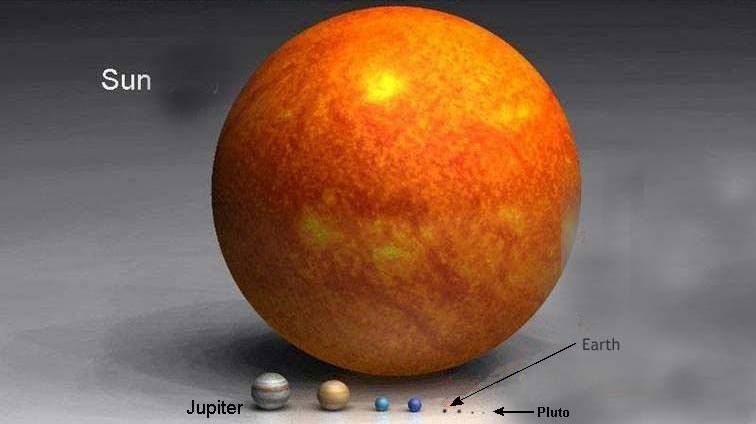Nope, I still don't get it. You keep talking about perspective, or "relative to" an external observer. What seems to be the order of events don't really matter, causality is about the actual flow of events at a single point in space.
A and B are communicating with supra-luminic tools. Can B send a message to A's past from A's perspective? It doesn't matter if from B's perspective it was received in A's past, if A doesn't experience it that way. The analogy with the speed of light and sound difference seems correct, it just sounds like there is a discrepancy in the order of events, but there isn't really.
Think of time,speed, distance, mass, energy, gravity, position, all as different parameters of the same system, known as reality. Different subsystems interact and perceive each other based on these parameters. That's relativity.
Consider one massless particle. It has 0 mass. It has 0 gravity. Particle A. It does not experience aging while traveling through space at c.
Now, consider any particle/system with mass. A person. A planet. Etc. It has mass. It has gravity. Particle B.
Proportionally, B has infinite mass relative to A. And gravity. The aging B experiences while observing A is proportional to the distance and separation of A and B. That proportion is defined by c.
As the universe expands and objects move away from each other at rates greater than c, they eventually become incapable of interacting or observing each other
A person traveling 10 light years away, then 10 light years back to earth, at c, would age, due to the existence of mass and gravity, but less than 20 years, while the people on earth, with mass, would age much much more. This relation is also defined mathematically, with proportions, involving c. But the sequence of events can be defined, since all reference frames can say the person left earth before they arrived, and aged. That holds true for speeds less than C as well.
But what if someone made the trip at speeds exceeding C?
They would age. But from the perspective of people on earth, they might arrive before they left. They might become younger. Or they might even never leave at all, arriving and leaving unnoticed. And to the traveler, earth would be younger, not older, even though that would logically mean he hasn't left yet, and indeed, he might not have The events that take place and the entire order of events becomes thrown into chaos based on your frame of reference. Our models and concepts of reality don't work anymore because the passage of time flows in different directions for different reference frames with objects that interact at speeds greater than c.
.




